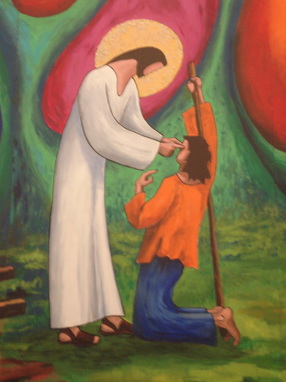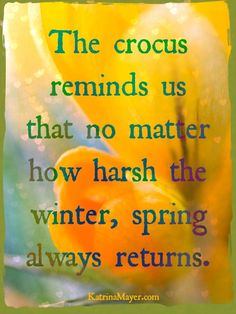
... And who knows whether you have not attained royalty for such a time as this?" Esther 4:13-14
Listen to: Michael Card, "El Shaddai" https://www.youtube.com/watch?v=tLM48ySdIDw
Today Jewish people everywhere are celebrating the feast of Purim, just as Christians are preparing for Maundy Thursday (Holy Thursday), when Jesus spent his last Passover with his disciples. He washed their feet and prepared them for his arrest and death. Maundy Thursday, (which comes from the Latin translation of the word "command," from when Jesus said, “a new commandment I give to you…to love one another as I have loved you” John 13:34) is a somber occasion. Purim on the other hand is joyous, although at its heart it tells a chilling story. Based on the book of Esther, the Jewish people living in exile in Persia are arraigned to be murdered due to a devious plot by Haman, the king’s adviser. Mordecai, a pious Jew, happens to be the uncle to Queen Esther, who has kept her Jewish identity secret. Now Mordecai goes and encourages Esther to do what is in her power to stop the carnage. It means taking a risk and exposing who she really is. She risks death for going before the King without being summoned. Yet as Mordecai points out to Esther, perhaps it has been ordained (although God is never mentioned) for her to be queen for such a time as this, so she can save her people. Esther does act and her people are saved.
As a Christian I have a great affinity for the story of Esther. I see in her a semblance of Jesus: whose true identity is hidden by spiritual blindness, Pilate calls him King (John 19:19) as does Paul “He who is the blessed and only Sovereign, the King of kings and Lord of lords,” (1 Tim. 6:15) and whose mission is to save all people from eternal death. The rejoicing of Purim parallels the rejoicing on Easter Sunday, when Christ is Risen and death is defeated.
Jesus knew it was his time and even prayed in the Garden of Gethsemane to prepare himself (John 13:1; Matt. 26:36-46). Esther knew it was time to act, but before she went before the King unbidden (worthy of the death sentence) she fasted for three days. Both Jesus and Esther achieved their goals with great preparation and even suffering. The stories ask us: are we aware of our own time – the times God calls us to act? There are big moments surely, but every day is a “time such as this.” We are called to stand up for others, to stand up and act in the name of Christ through love, kindness and self-sacrifice.
Such heroic, noble acts are our heritage. We may not be a Queen Esther or a King Jesus, but we are called to follow their example. To prepare ourselves for action; to pray and fast, especially as explained in Isaiah 58:6: "No, this is the kind of fasting I want: Free those who are wrongly imprisoned; lighten the burden of those who work for you. Let the oppressed go free, and remove the chains that bind people." To act on behalf of others. To take risks of love in the darkest of moments. All these acts result in the great rejoicing for which Purim and Easter are noted. To act according to Queen Esther’s and King Jesus’ example brings us joy and fills us with a sense of purpose and fulfillment.
As we prepare for the holiest days of the Christian year, let us remember that Jesus came for a time such as this. Whatever we are going through, whatever we have done, Jesus came for this. For this time. For all times. For right now, whatever we are facing. Jesus came for a time such as this.
Let us reflect on our lives and know Jesus came for times such as these. Remember those times. The fears and worries. The depression and anxieties. The threats and presence of death. Jesus faced it all for us and with us. Let us sit with this as we sit with Jesus over the next three days.
Then on Easter Sunday let the feast begin and let us rejoice: Christ is Risen! He is Risen indeed! Alleluia!
Prayer: God of all Times: Teach us to see that it is always time to do what is right, and that we are created especially for times such as these. With your help, may we act in love in these times.



 RSS Feed
RSS Feed